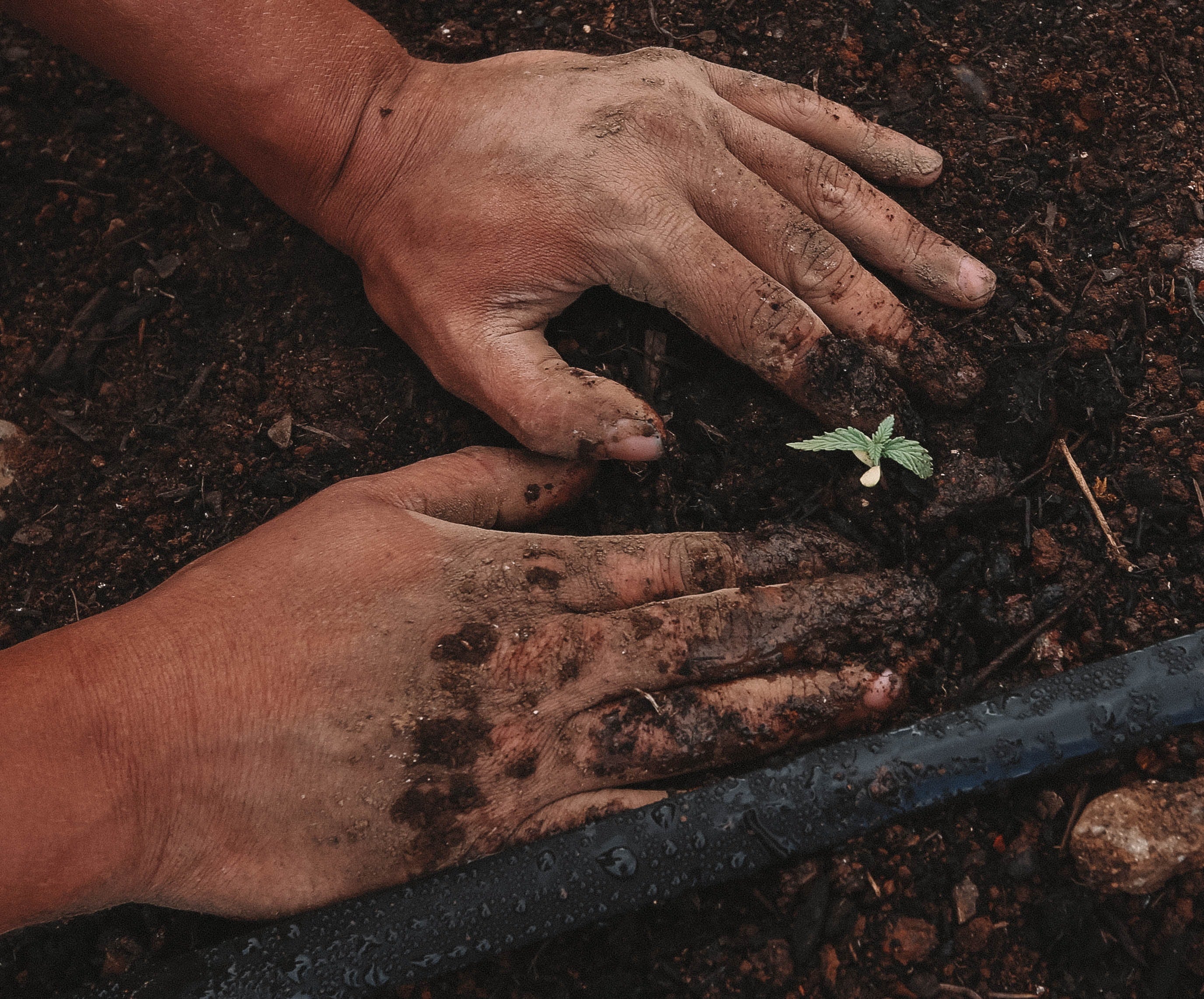

Are you tired of replanting your vegetable garden every season? Want to enjoy fresh produce without the hassle of sowing seeds year after year? Look no further! In this article, we’ll explore the world of perennial vegetables—the unsung heroes of sustainable gardening. These hardy perennial vegetables keep on giving, allowing you to harvest delicious veggies season after season.
What Are Perennial Vegetables?
Perennial vegetables are the gift that keeps on growing. Unlike annuals, which complete their life cycle in one season, perennial vegetables come back year after year. They establish deep roots, survive winter chills, and reward you with abundant harvests. Here are some perennial vegetables to consider for your garden:
1. Asparagus (Asparagus officinalis)
Asparagus spears emerge in spring, signaling the start of the growing season for perennial vegetables. Plant them in well-drained soil and give them a sunny spot. Patience is key—the first harvest usually takes a couple of years, but once established, asparagus beds, as perennial vegetables, can produce for decades.
2. Rhubarb (Rheum rhabarbarum)
Rhubarb’s tart stalks are perfect for pies, jams, and sauces, making it a versatile perennial vegetable. Plant crowns in early spring or fall, and they’ll thrive in rich, moist soil. Remember not to harvest during the first year to allow this perennial vegetable to establish itself.

3. Artichoke (Cynara cardunculus)
Artichokes are not only delicious but also stunning ornamental perennial vegetables. Their silvery-green leaves and purple flower heads add flair to any garden. Plant these perennial vegetables in well-drained soil and protect them from harsh winds. Artichokes require some space to grow but reward gardeners with their unique, flavorful buds. These perennial vegetables can be enjoyed steamed, grilled, or even raw, adding a gourmet touch to your culinary repertoire.
4. Tomatoes (Solanum lycopersicum)
While tomatoes are traditionally considered annuals, certain varieties can act as short-lived perennials in warm climates. These versatile plants produce delicious fruits that can be used in salads, sauces, and many other dishes. Plant tomatoes in well-drained soil and provide them with plenty of sunlight. With proper care and protection from frost, you can extend the growing season and enjoy fresh tomatoes longer. Heirloom varieties are particularly valued for their unique flavors and ability to produce seeds for future planting.
5. Spinach (Spinacia oleracea)
Spinach, with its tender leaves, is a versatile perennial vegetable. It thrives in partial shade and prefers slightly acidic soil. Harvest young leaves from this perennial vegetable for the best flavor. Spinach is a nutritional powerhouse, providing high levels of iron, calcium, and antioxidants. It can be used fresh in salads, sautéed as a side dish, or incorporated into smoothies and soups, making it a valuable and versatile addition to your garden.

Cultivation Tips
Now that you know the stars of the perennial vegetable show, here are some cultivation tips for your vegetables to ensure a thriving and productive garden:
- Soil Preparation: Amend your soil with organic matter to improve drainage and fertility for your vegetables. Well-drained, nutrient-rich soil is essential for the healthy growth of vegetables.
- Mulch: Apply a thick layer of mulch around perennial vegetables to retain moisture and suppress weeds. Mulching helps regulate soil temperature, conserves moisture, and reduces weed competition, providing an optimal growing environment for your vegetables.
- Divide and Conquer: Some vegetables benefit from dividing every few years. It rejuvenates the vegetables and prevents overcrowding.
- Pest Control: Keep an eye out for pests and diseases. Neem oil or garlic spray can work wonders for protecting your vegetables.
Introducing the Independence Seed Vault with 34 Varieties by Seed Armory
Tired of replanting every season? Discover the magic of perennial vegetables and enjoy fresh produce year after year!
- 34 Total Varieties
- Non-GMO & open-pollinated heirloom seeds
- Harvest again & again
- Includes Growing & Seed Saving Guide (eBook)
- Designed to last up to 20+ years*
- FREE SHIPPING (USA 48)
Take control of your food supply and cultivate a sustainable garden with our Independence Super Kit Seed Vault Start growing your garden today!
Small Gardening Techniques for Beginners
Starting a garden can be intimidating, especially if you're new to gardening or have limited space. Here are some beginner-friendly techniques to help you get started with perennial vegetables and create a productive, manageable garden:
- Container Gardening: If you have limited space, consider growing perennial vegetables in containers. Pots, planters, and raised beds can accommodate a variety of perennial vegetables, making it possible to enjoy fresh produce even on a balcony or patio. Ensure your containers have good drainage and use high-quality potting soil for the best results.
- Vertical Gardening: Maximize your gardening space by growing perennial vegetables vertically. Trellises, wall-mounted planters, and vertical garden systems can support climbing plants like spinach and even dwarf varieties of other perennial vegetables. Vertical gardening not only saves space but also enhances air circulation and sunlight exposure for healthier plants.
- Square Foot Gardening: This method involves dividing your garden into small, manageable sections, typically one square foot each. It allows you to grow a variety of perennial vegetables in a compact space, making it easier to plan, plant, and maintain your garden. Square foot gardening is ideal for beginners, as it simplifies the process and maximizes productivity.
- Companion Planting: Planting perennial vegetables alongside compatible plants can improve growth, deter pests, and enhance soil fertility. For example, asparagus grows well with tomatoes and parsley, while rhubarb benefits from being planted near brassicas like cabbage and broccoli. Companion planting can create a harmonious and productive garden ecosystem.
- Regular Maintenance: Consistent care is crucial for the success of your perennial vegetable garden. Water your plants regularly, especially during dry periods, and remove weeds to reduce competition for nutrients. Pruning and harvesting at the right times will also encourage healthy growth and continuous production.
Invest in Your Survival Garden for Long-term Sustainability
With perennial vegetables, you’ll have a garden that keeps on giving. Imagine harvesting asparagus, rhubarb, artichokes, and spinach year after year without lifting a finger! So, roll up your sleeves, plant these hardworking perennial vegetables, and enjoy the bounty. Your taste buds—and your garden—will thank you.
Remember, gardening is about patience and persistence. As you nurture your perennial vegetables, they’ll reward you with delicious meals and a sense of accomplishment. Whether you're a seasoned gardener or a beginner with limited space, incorporating perennial vegetables into your garden will enhance its sustainability and productivity. Happy gardening!






